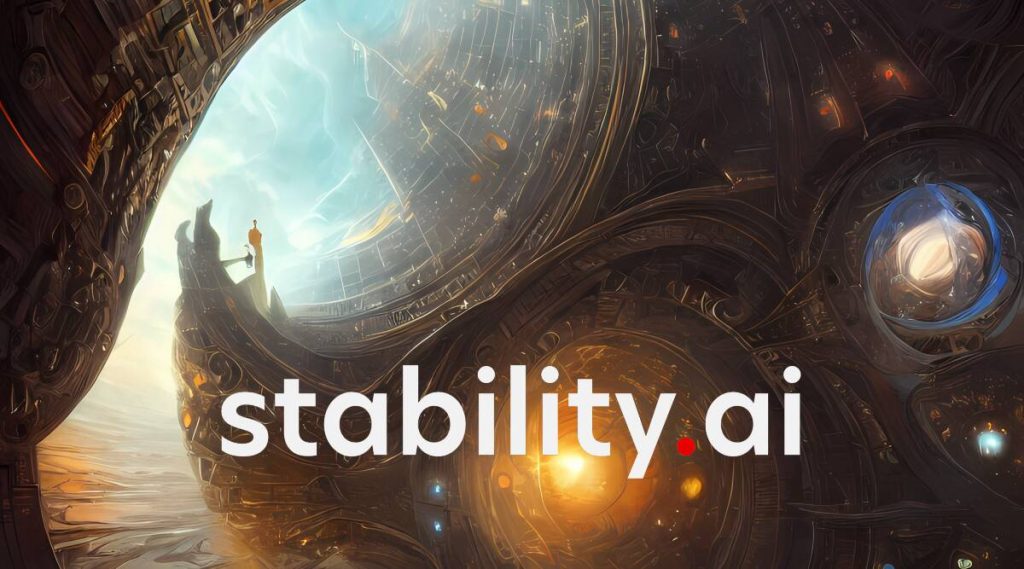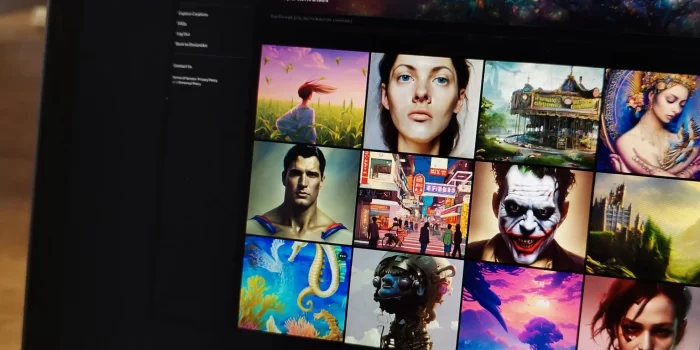Artificial Intelligence (AI) companies are facing a class action lawsuit from digital artists who claim that the use of AI image generators by these companies violates their copyrights. Mike Winkelmann, who goes by the name Beeple, a digital artist who became famous for his non-fungible tokens (NFTs) and the $69.3 million sale of Everydays: The First 5000 Days in 2021, is one of them. However, the rise of AI image generators such as those developed by Midjourney and Stability AI has threatened the path to art world fame for many digital artists.
Stability and Midjourney AI image generators were taught by extracting billions of photos from the internet, including innumerable works by digital artists who never provided permission. This has resulted in job losses and stolen labor for digital artists who rely on their work for a living. The use of AI image generators also calls into question the legal concept of forgery, because AI may replicate human styles so well that it is impossible to distinguish between an original piece of art and an AI-generated copy.

In December, Canadian illustrator and content creator Sam Yang discovered that his style had been copied by AI enthusiasts using the Stable Diffusion generator. These enthusiasts had used hundreds of Yang’s drawings posted online to train the AI to produce images in his style. Yang was outraged that his artwork had been used without his permission and that there was a perception that there was no need to contact artists for permission.
Several digital artists have taken legal action against Stability AI, Midjourney, and the image-sharing platform DeviantArt in a class action lawsuit. Brooklyn-based illustrator Deb JJ Lee is one of the artists who have filed the lawsuit, citing the undervaluing of digital artists’ work and the violation of their copyright by AI image generators.

The emergence of AI picture producers has far-reaching ramifications for all artists, not just digital artists. The legal and ethical issues highlighted by the use of artificial intelligence in art creation, as well as the influence on conventional art markets, are currently being contested. However, it is evident that artists will need to adjust to the changing terrain of the art market, and that legal precedents in the age of AI-generated art may need to be revised.


